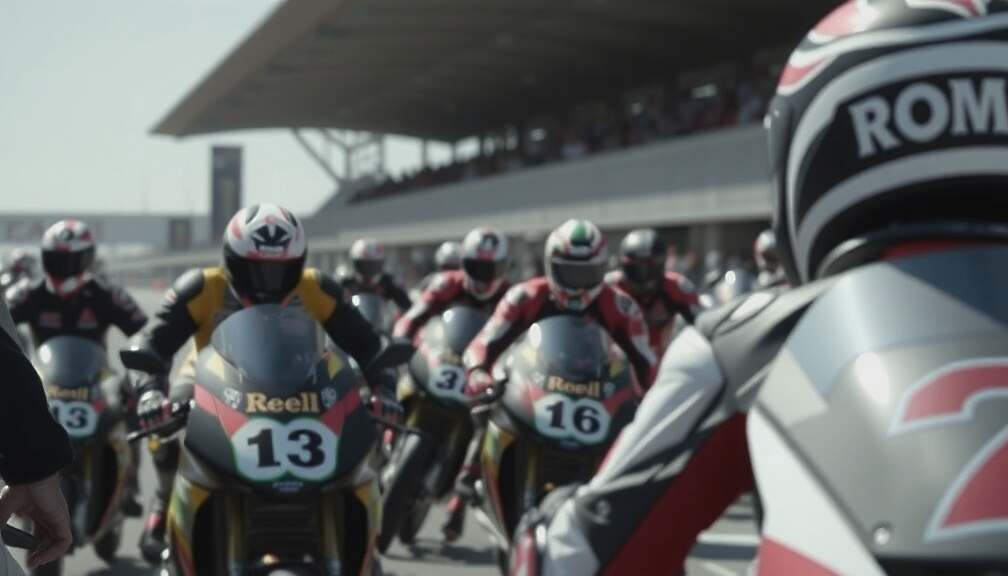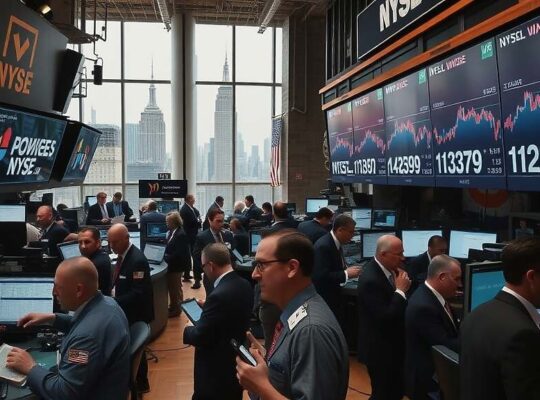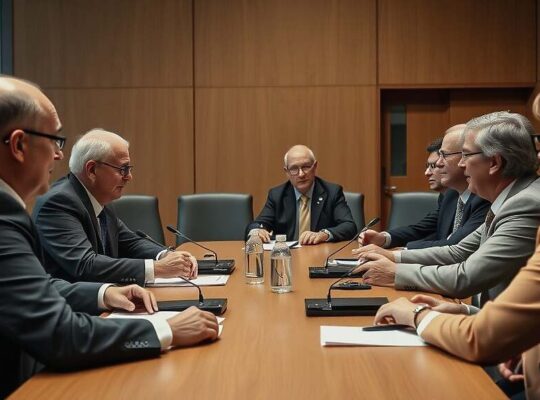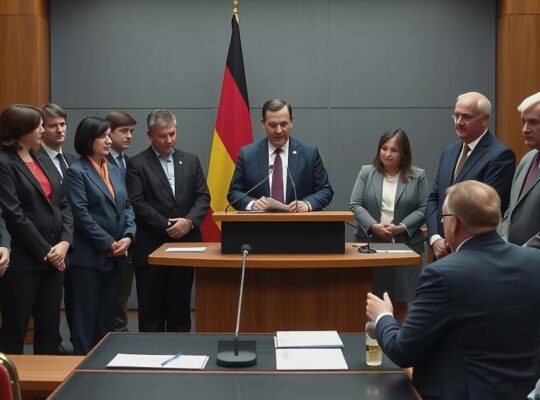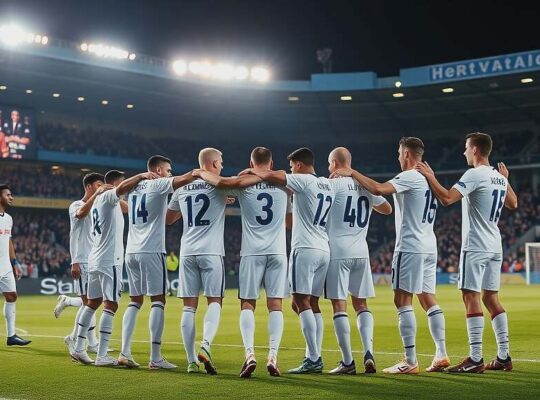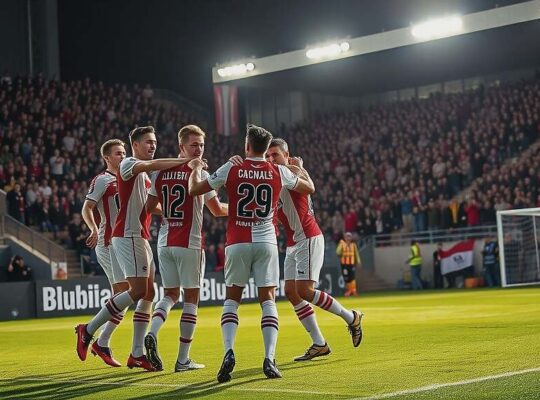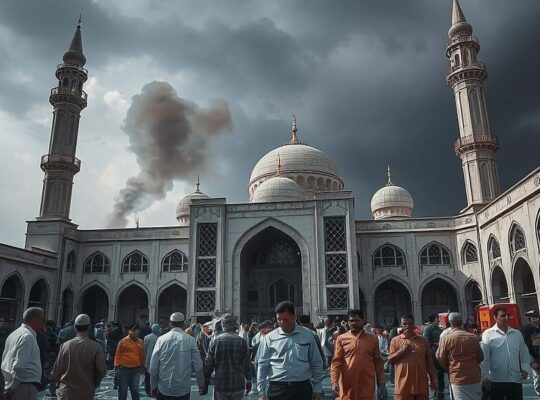“A McLaren Dominance and Shifting Power Dynamics at the São Paulo Grand Prix”
The motorsport world watches with growing intrigue as Lando Norris secures pole position for Sunday’s São Paulo Grand Prix, a feat that underscores McLaren’s astonishing ascendancy in Formula 1. Following a gripping victory in Saturday’s sprint race, also from pole, Norris’s performance further solidifies McLaren’s grip on the driver standings, placing him ahead of teammate Oscar Piastri and the previously unchallenged Max Verstappen.
This weekend’s qualifying results present a compelling narrative. While Norris’s success is undeniable, the performances of rival drivers are sparking debate. Kimi Antonelli, driving for Mercedes, secured an impressive second place, prompting questions about the team’s resurgence and potential to challenge the established order. The presence of Isack Hadjar (Racing Bulls) in fifth and Liam Lawson (Red Bull Racing-Honda) in seventh indicates a growing competitiveness amongst mid-field teams, hinting at a potential shake-up of points-scoring opportunities.
However, the most significant political undercurrent lies in McLaren’s unprecedented dominance. The team has already clinched the Constructors’ Championship, a culmination of strategic decisions and technical innovation that leaves many questioning the fairness of the playing field. Rivals are openly acknowledging the difficulty in matching McLaren’s package, demanding increased scrutiny of their design and engineering processes.
The choice of tire compounds – hard, medium, soft, intermediates and full wets – adds a further layer of complexity. Pirelli’s selection, coupled with predictions of potentially changeable weather conditions, could significantly impact race strategy and introduce unexpected variables, potentially disrupting McLaren’s seemingly invincible advantage.
Observers are keenly analyzing whether Verstappen and Red Bull can counter McLaren’s momentum, or if Norris’s latest pole position marks the beginning of a new era in Formula 1, dominated by the Woking-based team. The political and competitive landscape of the sport is demonstrably evolving and the São Paulo Grand Prix offers a crucial data point in this dynamic shift.


